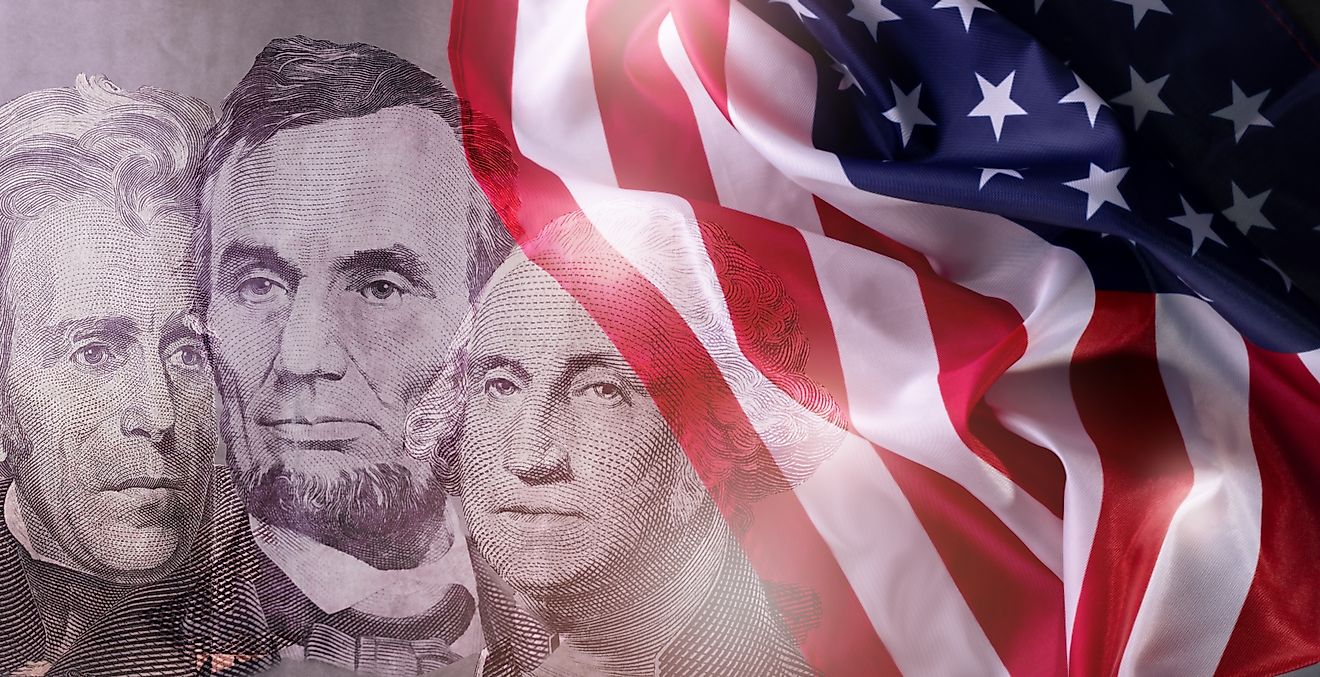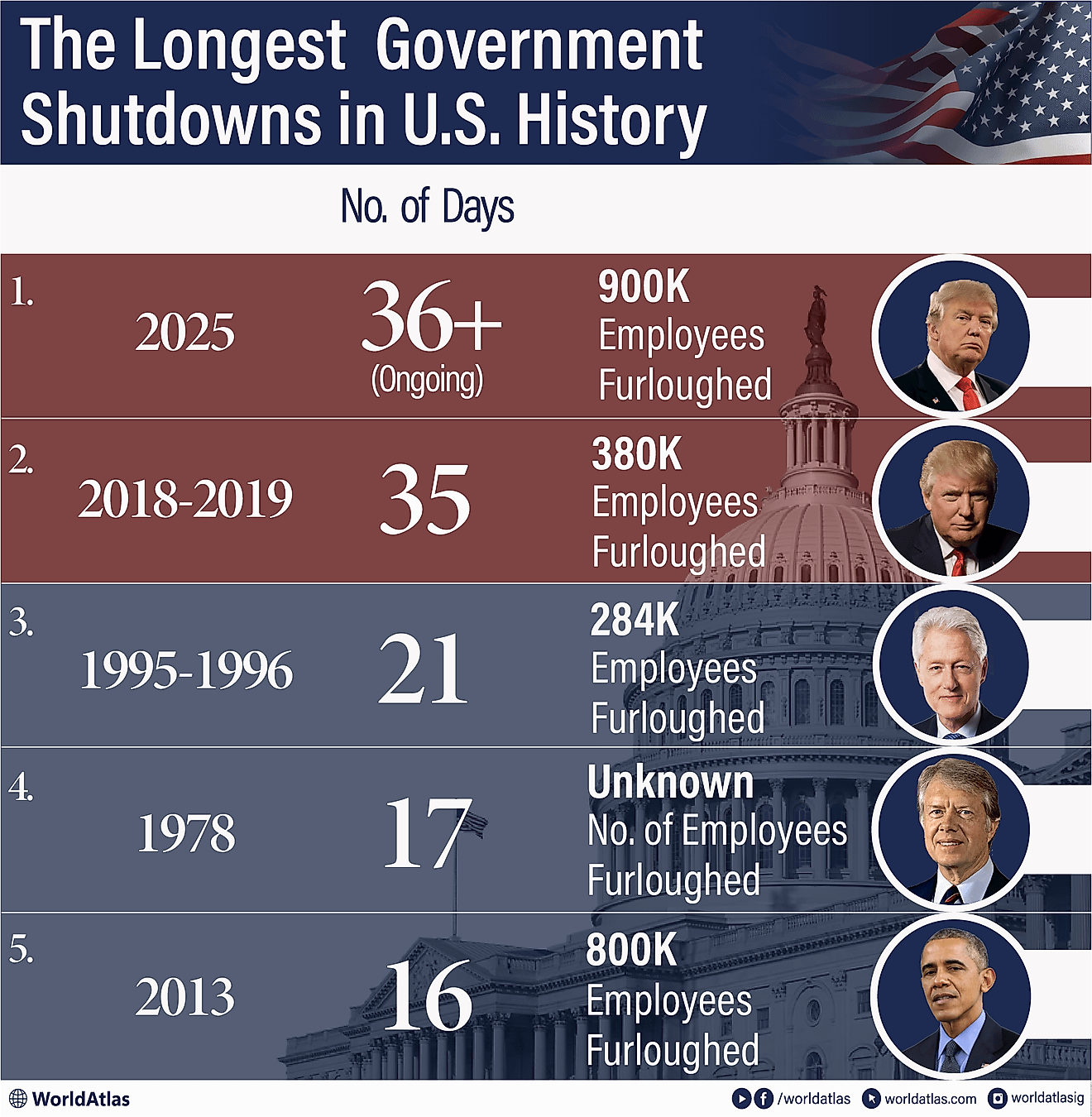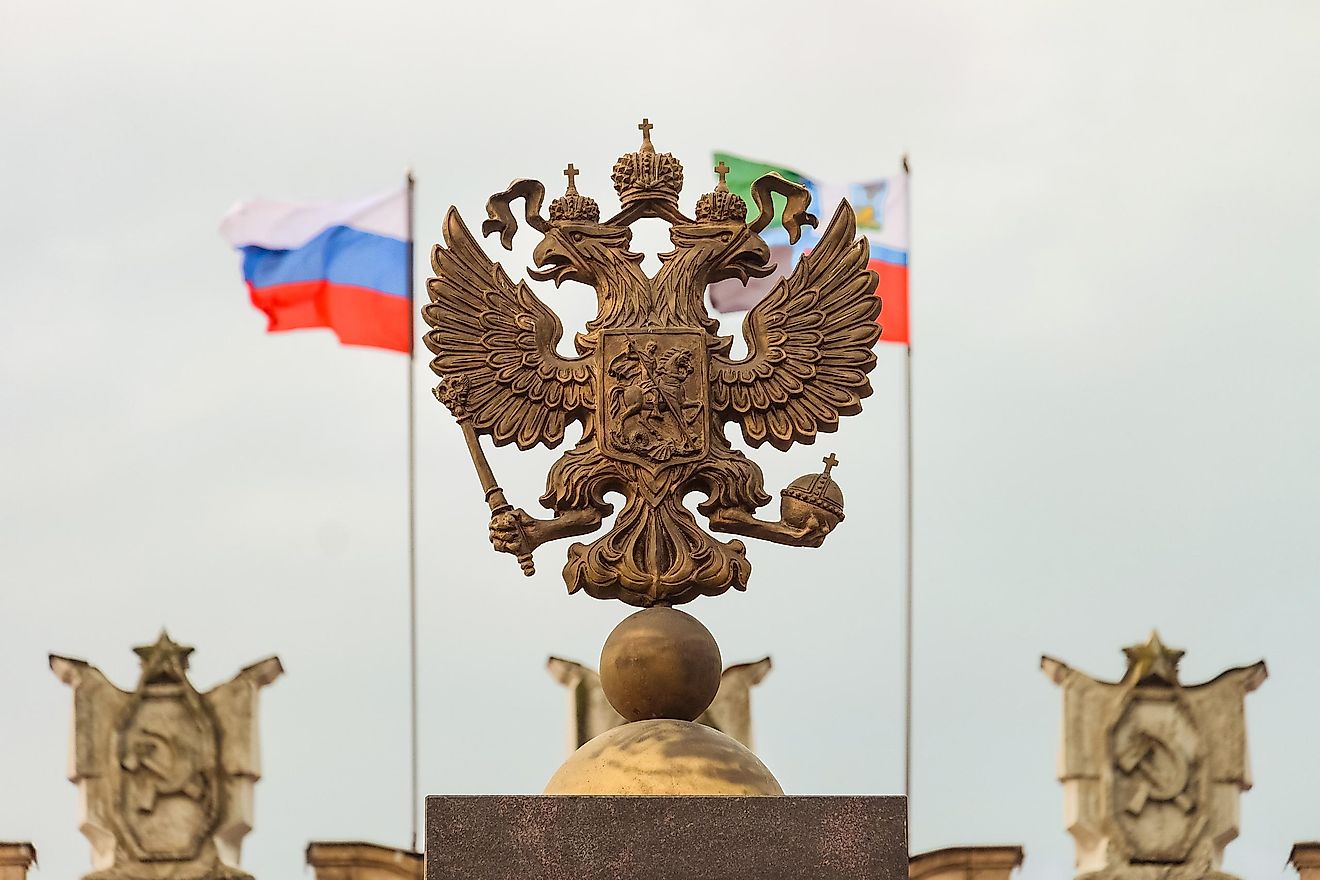U.S. Presidents With The Least Prior Political Experience

5. Zachary Taylor (former Major General in the United States Army) -
Zachary Taylor (1784-1850) was the first president to be elected to office having never held any level of elected office before becoming president. Taylor was a lifelong military man, having received his first military commission in 1808, being involved in the War of 1812 (1812-1815) and the Black Hawk War (1832). In 1837 Taylor won the Battle of Lake Okeechobee as part of the Second Seminole War (1835-1842), which catapulted him to brigadier general and then the commander of all troops in Florida. In the Mexican American War (1846-1848) he led major victories at the Battles of Resaca de la Palma, Monterrey and Buena Vista launching into national fame and retiring shortly after having reach major general. Despite Taylor have never ever been in a political party, rumblings started around a movement to make him president and he eventually moved towards the Whig party, becoming their nominee. Taylor won the presidential election, only the second Whig to do so, and became president in 1849. As president Taylor was not directly involved in foreign affairs, since he had basically no experience in foreign policy and Taylor spend most of his time as president domestically trying to manage the newly acquired western territories and the issue of slavery. Ultimately, Taylor never got the chance to do much as president as he fell ill a little more then a year into the presidency and died from illness on July 9th, 1850, becoming the second president at the time to pass away in office.
4. Ulysses S. Grant (former Commanding General of the United States Army) -
Ulysses S. Grant (1822-1885) was the second president to be elected to office who had never held any level of elected office before becoming president and, similar to Taylor, had been a military man for much of his life. Grant studied at the United States Military Academy at West Point and graduated in 1843. Grant fought in the Mexican-America war under Zachary Taylor and later general Winfield Scott (1786-1866). After the war Grant was assigned to the Pacific Northwest, but in 1854 he was made to resign from the military due to his excess drinking. Grant then struggled for the next seven years, until the outbreak of the American Civil War (1861-1865). Grant had no formal rank after resigning from the military and recruited volunteers until a advocate in D.C.got him formerly promoted to colonel. In part to Grant performing well and the incompetence of most of the other Union generals he got promoted, eventually reaching lieutenant general, giving him command of all the Union Armies in 1864. Following the end of the Civil War and Abraham Lincoln's (1809-1865) assassination, Grant helped to work the restore the America but shortly ended up in disagreement with President Andrew Johnson (1808-1875). This led Grant to run for the Republican nomination and the presidency, which he won due to his war hero status. As president Grant took on a much different approach to Reconstruction, urging the 15th amendment to be passed, creating the Justice Department, signing the Enforcement Acts, and suspending habeas corpus to collapse the Ku Klux Klan's base of power. Grant had many failures, including his policy of peace with Native Americans failing and leading to more war, the Panic of 1873 and economic depression that took place in his second terms and the widespread corruption and cronyism that took place during his time in office.
3. Herbert Hoover (former Secretary of Commerce) -
Herbert Hoover (1874-1964) was the first person to be elected as president without having had neither any prior military experience nor to have held any level of elected office. Hoover went to Stanford University from where he graduated with a geology degree, and then traveled the world as a professional mining engineer. During World War 1 (1914-1918) Hoover was appointed by President Woodrow Wilson (1856-1924) at the director of the newly established U.S. Food Administration from August 1917 until November 1918, when the position was abolished following the end of the war. As the head of the U.S. Food Administration Hoover was responsible for directing the administration of food to the overseas U.S. army fighting in the war, as well as managing allies' food reserves. Following the war Hoover headed up the American Relief Administration in Europe and was a member of the Supreme Economic Council. He became internationally known for helping the humanitarian cause, managing food and saving lives following the war. In 1921 he was appointed by President Warren G.Harding (1865-1923) to be the 3rd Secretary of Commerce, which was a post he also then under President Calvin Coolidge (1872-1933) until August of 1928. Following Coolidge announcing he would not seek a full second term Hoover became the front runner for the nomination with no real challengers, favorable media coverage and the support of Coolidge who reluctantly supported Coolidge to not divide the Republican party. Unfortunately, for Hoover within months of being elected president in 1929 the stock market crashed and the Great Depression soon followed. As the crisis deepened within two years due to repercussions in Europe, Hoover could find no answer for solving the crisis despite his efforts. He was scapegoat for the Great Depression in the 1932 presidential election, losing soundly to Franklin D. Roosevelt (1882-1945).
2. Dwight D. Eisenhower (former General of the Army) -
Dwight D. Eisenhower (1890-1969) was the fourth person to be elected to the U.S. Presidency without having held any prior elected political office. Eisenhower went to the United States Military Academy at West Point and graduated in 1915. During World War 1 Eisenhower served state side in the infantry in camps in Georgia and Texas, then worked with the 65th Engineers in Maryland before commanding a unit of tank crews in Pennsylvania. A few days after the war ended up was promoted to the rank of major and spent the next 22 years in service of various generals around the U.S. and its territories, with the first 16 of those years being at the major rank. After the Louisiana Maneuvers in 1940/41, which were designed to evaluate U.S. commanders, among other things, Eisenhower was promoted to brigadier general in October of 1941 despite having never held an active command above a battalion.
During World War Two (1939-1945) Eisenhower was made the Supreme Allied Commander and the Supreme Allied Commander of the Allied Expeditionary Forces, dual roles that he held until the end of the war. Following the end of the war Eisenhower served as the Governor of the American Zone of Occupied Germany for a few months in 1945, as the 16th Army Chief of Staff from 1945-48 and the 1st Supreme Allied Commander Europe from 1951 until 1952. He also found the time to be the 13th President of Columbia University from 1948-53. In 1951 President Harry Truman wanted Eisenhower to run as a Democrat, but he decided to run as a Republican, winning the nomination and presidency easily on his war hero status from World War 2. During his time in office Eisenhower continued all the major New Deal programs of F.D.R. and Truman and even expanded them and put them into the new cabinet level Department of Health, Education and Welfare, now called the United States Department of Health and Human Services. Some of his major achievements that is important to modern America, is the Interstate Highway System that he championed and was passed in 1956, and his creation of NASA in 1958 following the launch of Sputnik by the Soviet Union. He also finished the process of desegregation of the Armed Forces, signed the 1957 and 1960 Civil Rights Acts into law, set up permanent civil rights office in the Justice Department and intervened by sending in the federal guard in the at Little Rock Central High School. He is criticized however for not having gone far enough in civil rights and also supported the domino theory of how Communism would spread, which led to increased CIA activities in other countries to stop the spread of communism into poorer countries, such as those in the Congo River Basin in Africa.
1. Donald J. Trump -
Donald Trump is only the second president to be elected having never held any level of elected office or have any kind of military service, and the first to have no prior government position whatsoever. Having been born and raised in Queens, New York to a wealthy family, Trump grew up as the son of one of the largest real estate developers in the city. He studied at Fordham University for two years, and then transferred to the University of Pennsylvania to study at the prestigious Wharton School of Finance and Commerce where he graduated with a Bachelor of Science degree in Economics. With help from his father Trump would then kick off a decades long career in real estate, buying and selling properties in New York and then expanding nationally and internationally to build a business empire of hotels, casinos, golf course and more. Trump has suffered setbacks, having to file for bankruptcy six times on hotels or casinos and having the defunct Trump University which has come under scrutiny. This seems to be offset by the way he has built his brand and image, which has become somewhat iconic through his public involvement in sports, beauty pageants, cameos in television, movies, televised wrestling, and his hit reality TV show "The Apprentice".
With his focus on business and entertainment, Trump had never been focused on politics, although he did briefly run for the nomination of the Reform Party in 2000 before dropping out in February of that year, citing the party's dysfunction for his decision to step away. Later, he had a major role in the Obama "birther conspiracy" in 2011, which questioned whether President Barack Obama was born in the United States or not. In June of 2015, Trump announced his candidacy for president in the crowded Republican field for president. Despite his abnormal candidacy, breaking almost every known rule of modern politics decorum and strategy, his populist message won him the Republican nomination. This continued into the general election where, despite the statistics from most polls and projections and along with his continuing abnormal candidacy and scandals, he managed to upset Democratic nominate Hillary Clinton to capture the U.S. Presidency.











